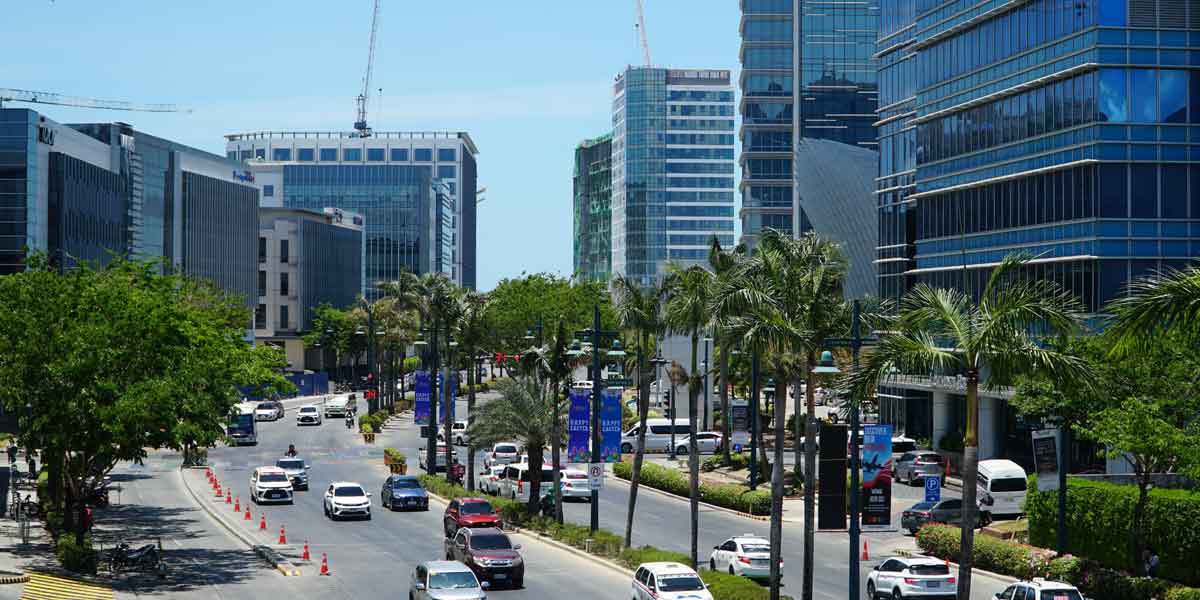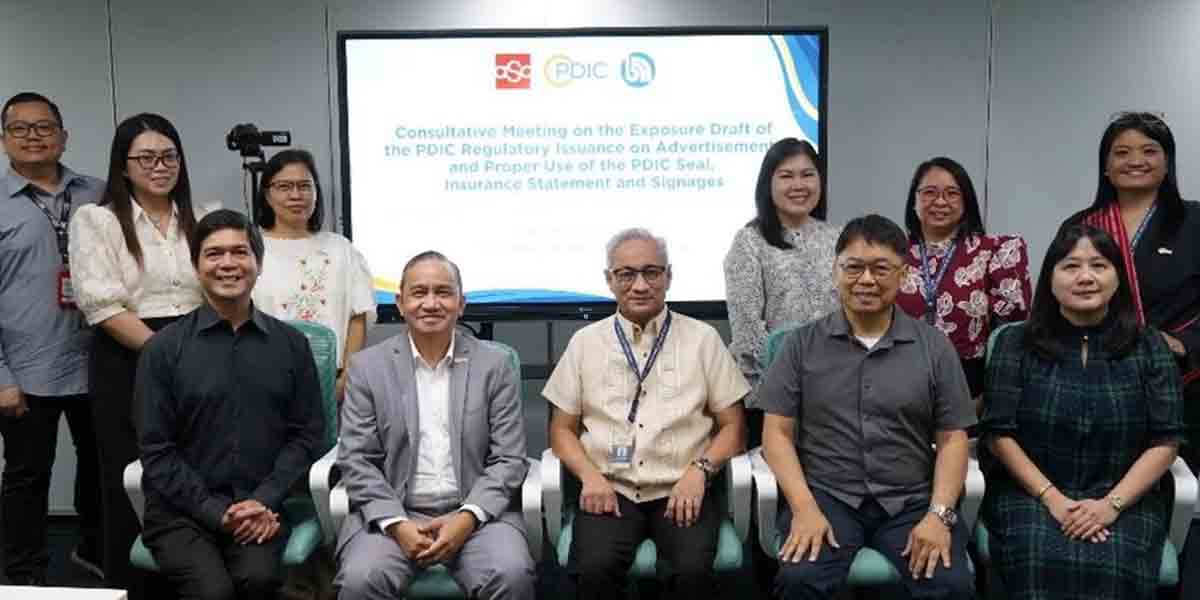By Herman M. Lagon
The Philippine seas are more than just bodies of water; they are lifelines, history books, and food baskets for millions of Filipinos. They shape the lives of countless communities, especially small-scale fishers who rely on these municipal waters for survival. At the heart of this ecosystem lies Republic Act 8550, amended by RA 10654, which limits commercial fishing vessels from operating within municipal waters. This law is not merely a rule etched on paper—it is a lifeline for the vulnerable and a safeguard for a fragile marine ecosystem under threat.
This is not about idealism but about survival. Imagine a fisherman in Iloilo setting out at dawn in his modest banca, navigating waters that generations of his family have fished. His tools are humble—a simple net, a wooden paddle, perhaps a small engine. He is not just fishing; he is fighting poverty and hunger with every cast. Allowing large commercial vessels with advanced technology into these waters is like pitting small fishers against giants in an unfair fight. In 2021, small-scale fishers had the highest poverty rate of 30.6%, according to the PSA. Their plight deserves empathy, not compounded struggles.
But this debate is not just about people. It is also about the sea itself. Studies, including those by Muallil et al. (2012), show that 64% of our coastal fisheries are overfished, leaving the marine ecosystem gasping for breath. BFAR confirmed in 2017 that key fishing grounds were so overexploited that fish populations struggled to replenish. Introducing commercial vessels into already depleted waters is like pouring salt into an open wound—an ecological gamble we cannot afford. As SEAFDEC in 2022 warns, commercial practices like trawling leave scars on coral reefs, seagrass beds, and marine protected areas. These areas are not just biodiversity havens; they are shields against environmental collapse.
Then, there is the issue of fairness. As the late President Ramon Magsaysay put it, “Those who have less in life should have more in law.” The 1987 Philippine Constitution shares this belief, stressing the government’s responsibility to uphold social justice and support the marginalized. Granting exclusive access to municipal waters for small-scale fishers aligns with this mandate. To upend this balance in favor of large commercial interests undermines the very spirit of the Constitution and deepens the inequities faced by the poorest sector of society.
The recent Supreme Court decision to allow Mercidar Fishing Corporation to operate in municipal waters has left many questioning the justice system’s alignment with these principles. Fisherfolk groups from Luzon to Mindanao have raised their voices in protest, arguing that this decision prioritizes corporate gain over community survival. A fisherman from La Union poignantly noted that the catch from a single commercial vessel in one day can equal what 300 small bancas would haul in 14 hours. How is that a fair fight?
Critics of the prohibition argue that commercial vessels bring in higher yields, benefiting the broader economy. But at what cost? History and science caution us against short-term gains that result in long-term losses. Wilfredo Campos of OceanBio Lab reminds us that most traditional fishing grounds have been overfished since the 1980s. When ecosystems collapse, it impacts the environment and the entire food security chain. This is not just a coastal issue—it is a national concern.
The notion of “progress” must be redefined. Progress isn’t bulldozing through resources for immediate profit; it’s creating systems that allow all stakeholders to thrive sustainably. LGUs managing municipal waters are essential in preserving these systems, and RA 8550 empowers them to do so. Yet, enforcement remains a challenge. Political will, adequate resources, and public awareness are critical in ensuring that small fishers are not drowned out by commercial giants.
In crafting policies, let us apply an ethical principle: err on the side of caution when stakes are high. This “precautionary principle,” widely accepted in environmental governance, reminds us that it is better to preserve than repair. Why gamble with marine ecosystems and small fishing communities when the harm is evident? Protecting them is not just ethical; it is practical.
Ultimately, this is about what we value and whose voices we uplift. The sea, after all, does not discriminate between large and small boats. It nurtures all who respect its rhythms and care for its future. The question is, will we? For the millions of Filipinos who live by the tides, for the ecosystems that anchor our existence, and for the generations yet to come, let us not gamble with what we cannot replace.

























